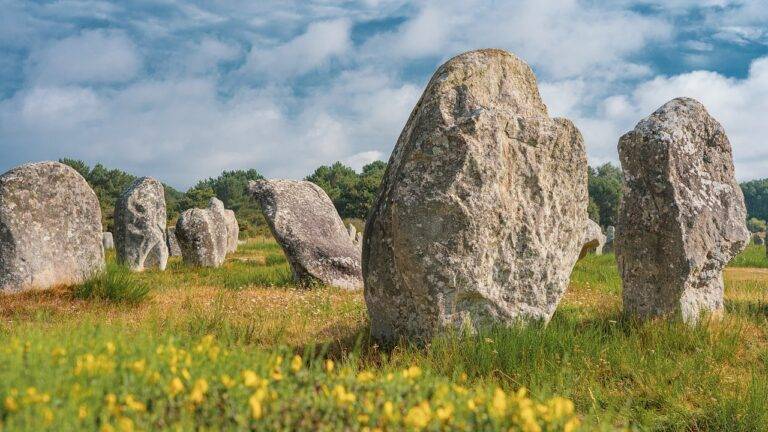Traveling for Wildlife Conservation: Volunteering and Experiential Learning in Natural Habitats
The preservation of wildlife is a critical aspect of maintaining the delicate balance of our planet’s ecosystems. All living organisms, including humans, are interconnected in a complex web of life where each species plays a vital role. Wildlife conservation ensures the protection of these species and their habitats, ultimately safeguarding the biodiversity that sustains life on Earth. Without conservation efforts, countless species would face the threat of extinction, disrupting the intricate network of relationships that support the functioning of ecosystems.
Furthermore, wildlife conservation is essential for promoting environmental stability and resilience. By protecting various species and their habitats, we are also safeguarding important natural resources, such as clean air, fresh water, and fertile soil. Conserving wildlife habitats helps mitigate the impacts of climate change, maintain ecological balance, and ensure the sustainability of ecosystems for future generations. Protecting wildlife is not just about saving individual species; it is about preserving the health and well-being of our planet as a whole.
Opportunities for Volunteering in Natural Habitats
Volunteering in natural habitats offers a unique and rewarding opportunity to make a positive impact on the environment. By actively participating in conservation projects, volunteers can contribute to the preservation of endangered species and ecosystems. Tasks such as habitat restoration, wildlife monitoring, and education outreach are common in volunteering programs aimed at protecting natural habitats.
Engaging in hands-on conservation work allows volunteers to gain valuable experience and skills in fields related to environmental science and wildlife management. By working alongside professionals in the field, volunteers have the chance to learn about native flora and fauna, conservation techniques, and the importance of biodiversity firsthand. Additionally, volunteering in natural habitats fosters a sense of connection and responsibility towards the environment, inspiring individuals to become advocates for conservation in their own communities.
Why is wildlife conservation important?
Wildlife conservation is important to maintain biodiversity, protect ecosystems, and ensure the balance of nature. Many species are at risk of extinction due to habitat loss, climate change, and human activities, and conservation efforts are essential to preserving these species and their habitats for future generations.
What are some opportunities for volunteering in natural habitats?
There are many opportunities for volunteering in natural habitats, including wildlife monitoring, habitat restoration, beach clean-ups, tree planting, and wildlife rescue and rehabilitation. Organizations such as national parks, wildlife sanctuaries, and conservation groups often rely on volunteers to help with these important tasks.
How can I get involved in wildlife conservation volunteering?
To get involved in wildlife conservation volunteering, you can contact local organizations and conservation groups to inquire about volunteer opportunities. Many organizations offer volunteer programs and opportunities for individuals to contribute their time and skills to conservation efforts in natural habitats.
What skills or qualifications do I need to volunteer in natural habitats?
Depending on the specific volunteer opportunity, you may need a range of skills or qualifications. Some opportunities may require specific training or certifications, while others may only require a willingness to learn and a passion for wildlife conservation. It’s important to inquire about the requirements for each volunteer opportunity before applying.
How can volunteering in natural habitats make a difference?
Volunteering in natural habitats can make a significant difference by helping to protect and preserve wildlife and their habitats. By volunteering your time and effort, you can contribute to important conservation projects, raise awareness about environmental issues, and make a positive impact on the planet.





